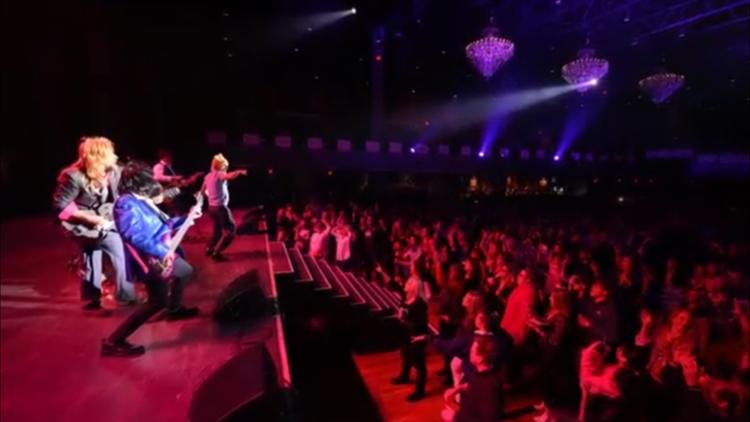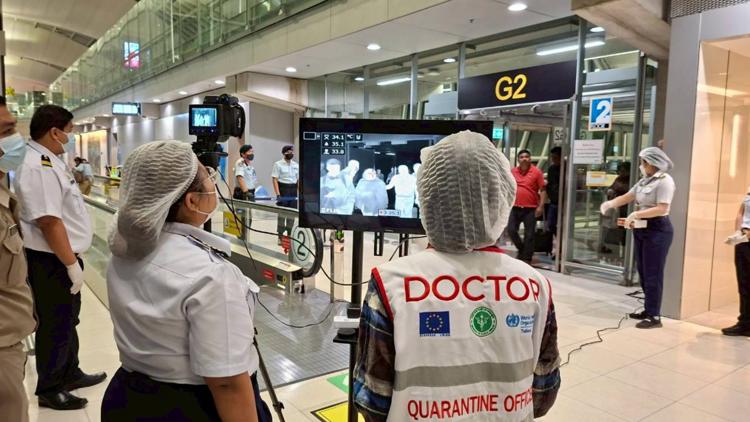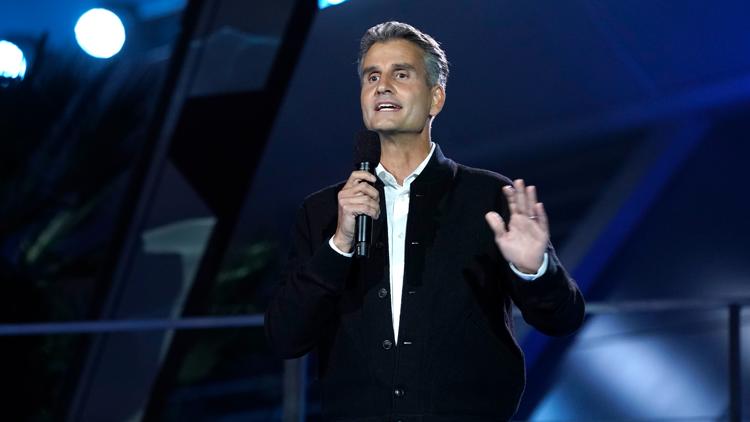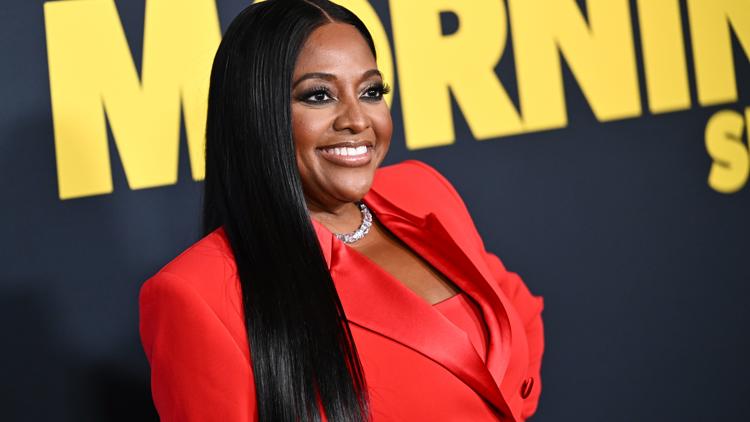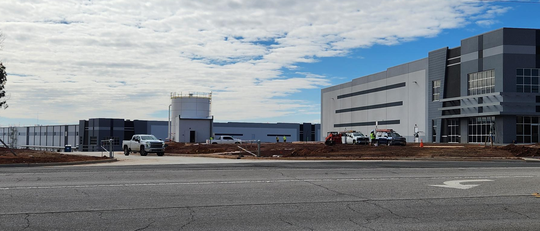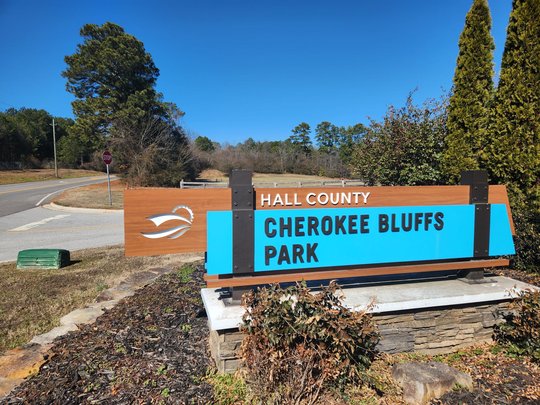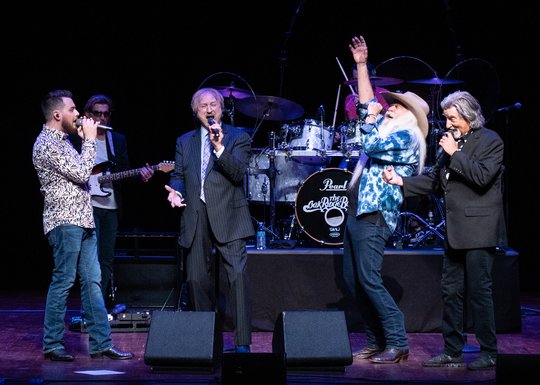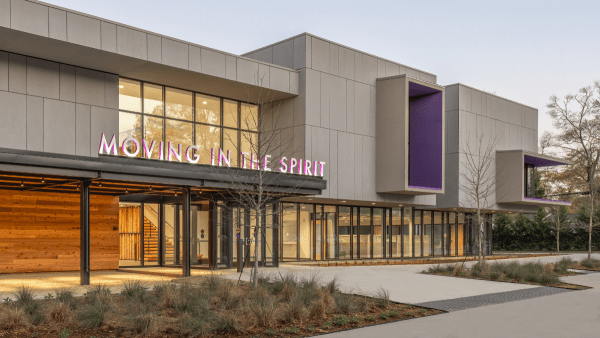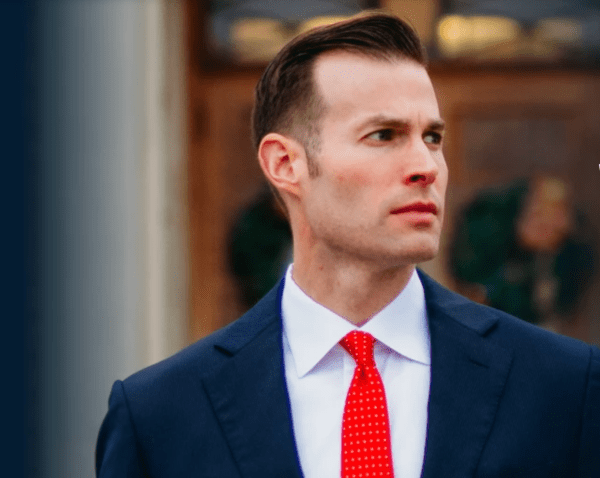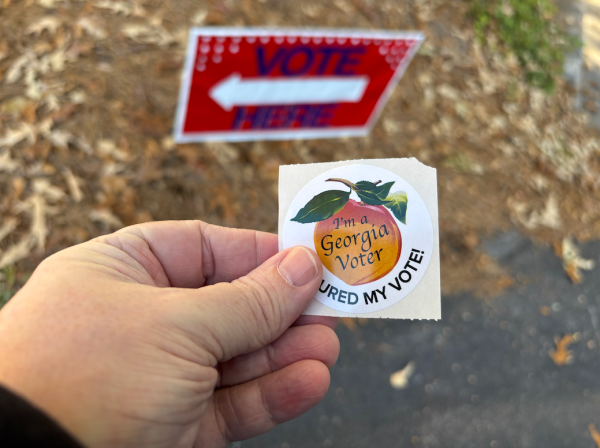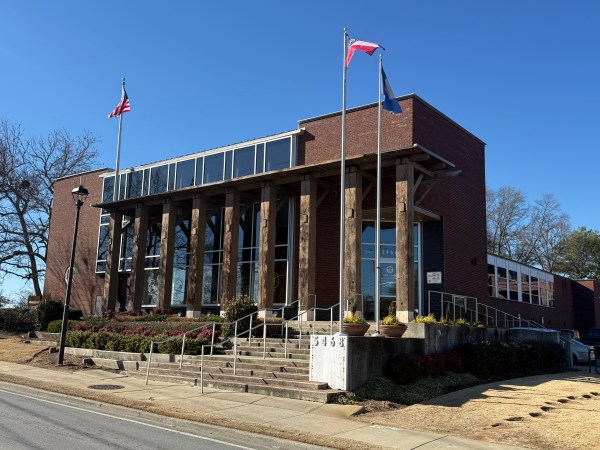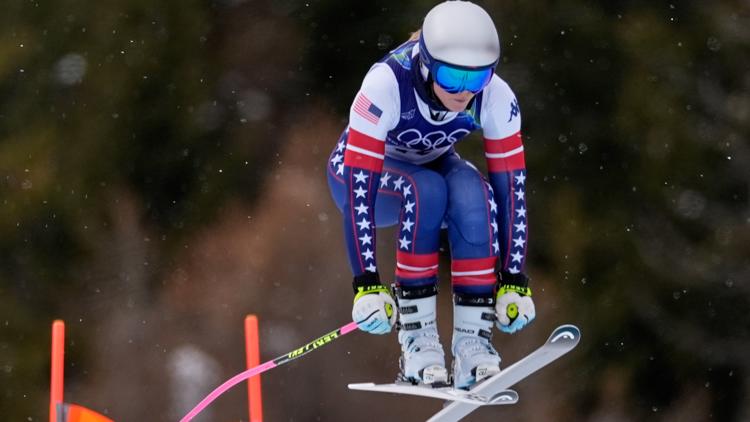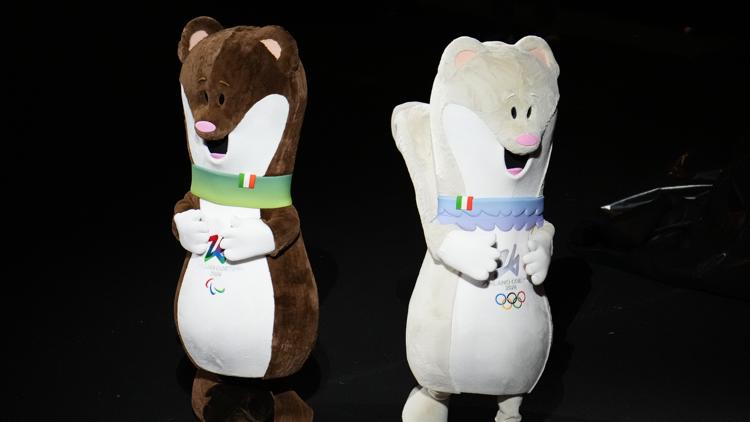Reeling in the Years: A story of civil disobedience in Washington D.C.
This is my first arrest. The jail is gritty and grimy, but it’s filled with incredible Queer spirit. It’s Oct. 13, 1987, and I’m in Washington D.C. for the second National March on Washington for Lesbian and Gay Rights with more than 700,000 fellow Queers and allies. I’m taken into custody on the steps of […] The post Reeling in the Years: A story of civil disobedience in Washington D.C. appeared first on Rough Draft Atlanta.


This is my first arrest. The jail is gritty and grimy, but it’s filled with incredible Queer spirit. It’s Oct. 13, 1987, and I’m in Washington D.C. for the second National March on Washington for Lesbian and Gay Rights with more than 700,000 fellow Queers and allies. I’m taken into custody on the steps of the U.S. Supreme Court on the charge of civil disobedience.
I’ve made my way inside the jail and am standing in line to await fingerprinting. A baby dyke in line lets out a joyous squeal: “Hi, Mom!” Her mom and her gay brother are there, too—all ACT UP members. Family values, indeed.
I’ve gotten separated from my group, The Shameless Hussies, but I declare my own name proudly.
Then the question comes: “Do you want to go to trial?”
“I don’t know. How long will it take?”
“You’ll stay overnight, then see the magistrate in the morning.”
I haven’t eaten in hours, so I say, “Here’s my $100, I’m leaving.” Cash only, of course.
Exiting via the stairs, people who still await processing and loved ones behind sawhorses clap, hug me, and carry on. It’s this kind of energy I loved then and still do.
I’m here with all these other Queers to protest the 1986 ruling in Hardwick v. Bowers, the 1986 SCOTUS ruling against Atlanta resident Michael Hardwick, who was arrested in his home for consensual sodomy with another man. The insanity of the ruling against Hardwick, who spent four years of his life in various courts in the pursuit of justice, is worthy of an arrest.
Michelle Crone, an organizer of the 1987 march, deserves recognition here. She’s the gentle, but persistent voice of experienced reason. Anarcho-Insurrectionists want to storm the Supreme Court, but that means nightsticks, tear gas, and lots of physical homophobia acted out.
Michelle explains that wave after wave of civil disobedients, quietly arrested, will have a bigger impact. So, we report to All Souls Church for our 12-hour training. We’re schooled in what to expect and how to act – no hands in pockets, no lip!. We learn how civil disobedience has changed the course of American history.
I see a small nucleus of sister floor-sitters forming. We exchange information about why we’re here, and about our lives in Boston, New York City, Atlanta, and Jersey. Together, we come up with our name, The Shameless Hussies.
The next morning, we gather in the park across from the courthouse. Sawhorses funnel us forward as spectators cheer us on and breathe in a moment of freedom. There’s swagger, trepidation, the furious and the curious. Marshals with clipboards take names. Legal observers mingle.
Police mass thickly in lines before the giant bronze doors, riot helmets and vests on. Some don surgical gloves. Blood boils. But a defusing chant rings out: “Your gloves don’t match your shoes!”
Throughout the action, a Black police captain in an impeccable uniform and ramrod spine walks through the thicket of police. Homophobia hangs in the air, hard expressions and mutterings. In a low voice, he advises his men: “Keep your opinions to yourselves.”
Seeing people arrested, I turn back to the crowd and yell the name of the person being taken away, and hear shouts of encouragement ring out. Slogans and chants erupt.
I finally sit down on the steps with my sisters. We hold hands, sing, chant. A cop with a bullhorn brays that we’re in violation of “section 40” of some code and “if you do not leave, you will be arrested.”
There’s a cop for each of us: “You’re under arrest, please come with me.” If you continue to sit, he literally picks you up under the armpits, then twist-ties your hands behind your back. Some are dragged. I say, “I have a bad back. I’ll stand.” My cop looks relieved—he’s been picking people up all morning. I still get a twist-tie.
As I was waiting for my turn to sit on the steps of the courthouse, I saw the inscription carved into the marble: Equal Justice for All. Unless you’re a Queer, I thought. Thirty-eight years later, we’re still fighting and protesting for that equal justice.
Maria Helena Dolan, as part of the Georgia LGBTQ History Project, is one of this year’s Atlanta Pride Grand Marshals.
The post Reeling in the Years: A story of civil disobedience in Washington D.C. appeared first on Rough Draft Atlanta.
What's Your Reaction?







